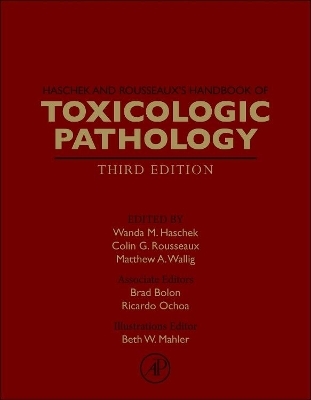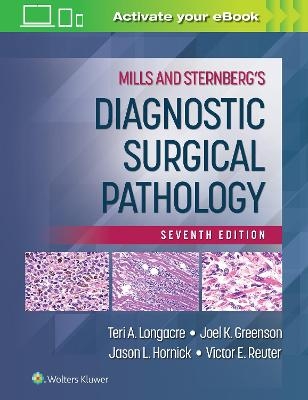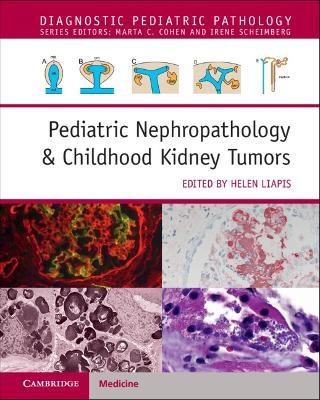
Haschek and Rousseaux's Handbook of Toxicologic Pathology
Academic Press Inc
978-0-12-415759-0 (ISBN)
Haschek and Rousseaux's Handbook of Toxicologic Pathology is a key reference on the integration of structure and functional changes in tissues associated with the response to pharmaceuticals, chemicals and biologics. The 3e has been expanded by a full volume, and covers aspects of safety assessment not discussed in the 2e. Completely revised with many new chapters, it remains the most authoritative reference on toxicologic pathology for scientists and researchers studying and making decisions on drugs, biologics, medical devices and other chemicals, including agrochemicals and environmental contaminants. New topics include safety assessment, the drug life cycle, risk assessment, communication and management, carcinogenicity assessment, pharmacology and pharmacokinetics, biomarkers in toxicologic pathology, quality assurance, peer review, agrochemicals, nanotechnology, food and toxicologic pathology, the environment and toxicologic pathology and more.
Professor Haschek-Hock has served as president of the Society of Toxicologic Pathology and the Society of Toxicology’s Comparative and Veterinary Specialty Section, as well as Councilor of the American College of Veterinary Pathologists, board member of the American Board of Toxicology; as Associate Editor for Toxicological Sciences and for Toxicologic Pathology; as Editorial Board member for Fundamental and Applied Toxicology, Veterinary Pathology and Toxicologic Pathology. She has served as a member on the USFDA Veterinary Medicine Advisory Committee for the Center for Veterinary Medicine, the EPA’s FIFRA Science Advisory Panel, and National Academy of Sciences Committee. She currently serves on the Board of Directors of the C.L. Davis Foundation for the Advancement of Veterinary and Comparative Pathology. She was awarded the Society of Toxicologic Pathology’s Achievement Award in 2007 and the Midwest Regional Chapter – Society of Toxicology’s Kenneth DuBois Award in 2011. Colin G. Rousseaux, BVSc, Ph.D., DABT, FIATP, is also a Fellow of the Royal College of Pathology (FRCPath) and Fellow of the Academy of Toxicological Sciences (FATS). He is a Professor (Adjunct) in the Department of Pathology and Laboratory Medicine, Faculty of Medicine, University of Ottawa, Canada. He has over 35 years of experience in comparative and toxicologic pathology with a research focus on herbal remedies, fetal development and teratology, and environmental pollutants. He has described, investigated, and evaluated numerous toxicologic pathology issues associated with pharmaceuticals, pesticides, and agrochemicals. He has served on the editorial board of Toxicologic Pathology. He is a former President of the STP. Colin served as an Editor for the three editions of the Fundamentals of Toxicologic Pathology and Haschek and Rousseaux’s Handbook of Toxicologic Pathology. Matthew A. Wallig, DVM, Ph.D., DACVP, is Professor Emeritus in the Department of Pathobiology, College of Veterinary Medicine, the Department of Food Science and Human Nutrition, as well as the Division of Nutritional Sciences at the University of Illinois. His research has focused on the chemoprotective properties and mechanisms of phytochemicals in the diet, in particular those in cruciferous vegetables, soy, and tomatoes. His current interests have expanded to include defining morphologic parameters for diagnostic quantitative ultrasound in pancreatitis, pancreatic and hepatic neoplasia, metastatic disease, and chronic hepatic diseases such as nonalcoholic fatty liver disease (NAFLD) and nonalcoholic steatohepatitis (NASH). Matt has served as an Editor for the last two editions of the Fundamentals of Toxicologic Pathology and Haschek and Rousseaux’s Handbook of Toxicologic Pathology. Brad Bolon, DVM, MS, Ph.D., DAVCP, DABT, FATS, FIATP, FRCPath, has worked [sic] as an experimental and toxicologic pathologist in several settings: academia, a contract research organization, pharmaceutical companies (in both biomolecule and traditional small molecule settings), and private consulting. His main professional interests are the pathology of genetically engineered mice (especially embryos, fetuses, and placentas) and toxicologic neuropathology to assess the efficacy and safety of many therapeutic entities (biomolecules, cell and gene therapies, medical devices, and small molecules). He is a former President of the STP and a Member of the American College of Toxicology (ACT), British Society of Toxicological Pathology (BSTP), and European Society of Toxicologic Pathology (ESTP). Brad served as an Editor for the third edition of the Fundamentals of Toxicologic Pathology and an Associate Editor for the third edition of Haschek and Rousseaux’s Handbook of Toxicologic Pathology.
Volume 1: Practice of Toxicologic Pathology includes the principles and methods of toxicologic pathology and their application to practice.Volume 2: Safety Assessment and Other Issues in Toxicologic Pathology focuses on toxicologic pathology from a drug discovery and regulatory standpoint, including coverage of data interpretation and expanded content on environmental and food toxicology.Volume 3: Systems Toxicologic Pathology organizes toxicologic pathology by biological systems and addresses the basic structure and function of a particular organ system, its response to toxic injury, mechanisms of injury and methods of evaluation.
| Verlagsort | San Diego |
|---|---|
| Sprache | englisch |
| Maße | 216 x 276 mm |
| Themenwelt | Studium ► 2. Studienabschnitt (Klinik) ► Pathologie |
| Studium ► 2. Studienabschnitt (Klinik) ► Pharmakologie / Toxikologie | |
| ISBN-10 | 0-12-415759-9 / 0124157599 |
| ISBN-13 | 978-0-12-415759-0 / 9780124157590 |
| Zustand | Neuware |
| Haben Sie eine Frage zum Produkt? |
aus dem Bereich

